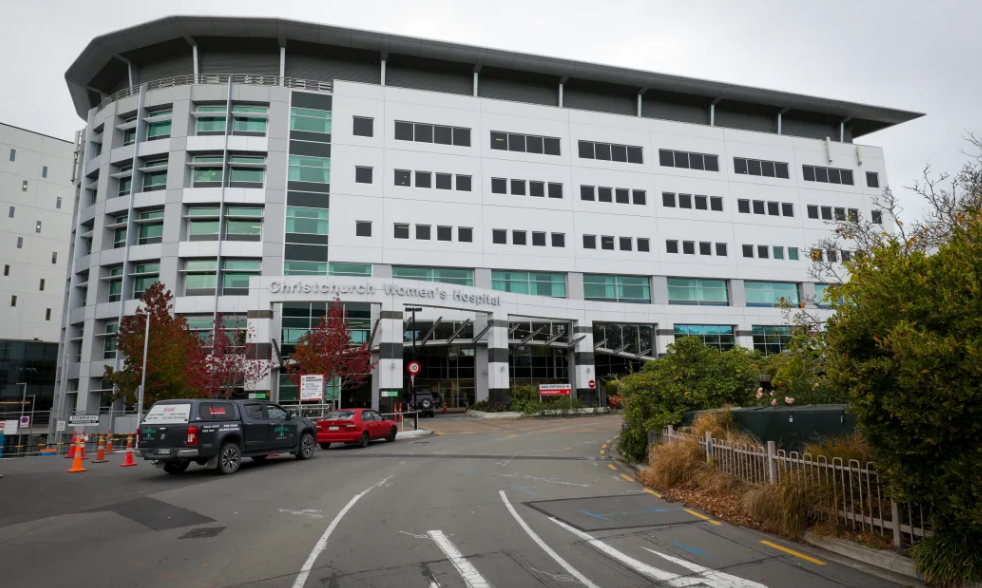
Last week RNZ revealed Health New Zealand/Te Whatu Ora has directed hospitals to make a range of cost-cutting moves before the end of the financial year, including banning overtime and not replacing sick staff.
The documents, sent anonymously to health researcher Dr Michael Gousmett, showed Waitaha Canterbury had been allocated a "financial sustainability target" of $13.3 million before June 30.
The senior leadership team had already held a workshop "to identify local opportunities" and was meeting with several teams to "identify future opportunities".
"Only so much can be achieved in the next two months, we will be establishing a district focus on continuous performance improvement."
A weekly steering group would be accountable for delivering "Continuous Improvement and Financial Sustainability".
Dr Gousmett was told the project was being led by consultancy firm PwC.
The Association of Salaried Medical Specialists, which represents senior hospital doctors, said similar directives had gone to every region.
In a statement this afternoon, Te Whatu Ora said there had been no cuts to budgets, while confirming that PwC has been contracted nationally on a temporary basis "around best operational practice and delivering efficiencies where possible".
"This includes providing additional capacity in the local finance function at Waitaha while its restructure is under way," national director of hospital and specialist services Fionnagh Dougan said.
The Waitaha document refers to the national directive, including a focus on reducing overtime and allowances, improving leave management and clinical supply practices, limiting the use of outsourced personnel and resources, stopping or delaying "non-critical projects" and improving revenue generation, such as invoicing ACC promptly.
It has also been instructed:
• FTE budgets must be in balance
• Administration and management recruitment must be approved by the national director only
• Agency nursing to be used "as an exception only"
• "Planned care" (anything that is not an emergency) must be delivered within budget.
Potential areas for saving include implementing "standardised clinical pathways" for discharging patients, using AI to reduce administration and employing telemedicine and remote monitoring where possible.
Dougan told RNZ clinicians and managers in Waitaha were also working collaboratively on financial sustainability initiatives to ensure money was spent where it was most needed on delivering healthcare services.
"We expect local managers to use their judgement to make decisions in their own settings. All Health NZ areas are being asked to do the same."
Gousmett told RNZ's Checkpoint programme today it was "bizarre" to cut costs when people were waiting for surgeries.
"We're heading for austerity budgets here and it's absolutely ridiculous and the public needs to know that."
Doctors were saying they "just cannot provide further services with less money that's coming into the system".
Gousmett told Checkpoint there were some ideas in the documents that made sense, such as using AI to do paperwork.
"If there's a better way of being more efficient through things like AI, then so be it."
However, some made no sense at all, he said, giving the example of a proposed 'prosthetics cost review'.
Gousmett asked if that meant titanium prosthetics would be replaced by wooden peg legs in order to cut costs.
"You really do have to wonder what these people are thinking of," he said.
"It just seems a bit bizarre and I really do wonder how much they're trying to slash out of the whole health system across New Zealand if it's $13 million in Canterbury alone."













